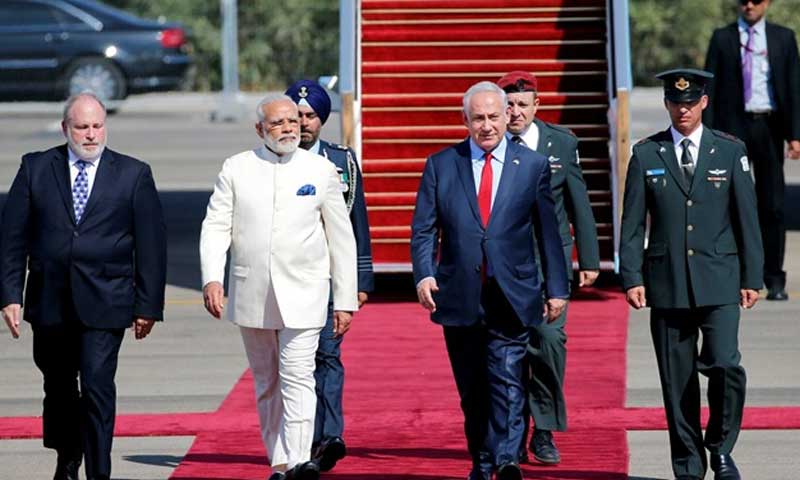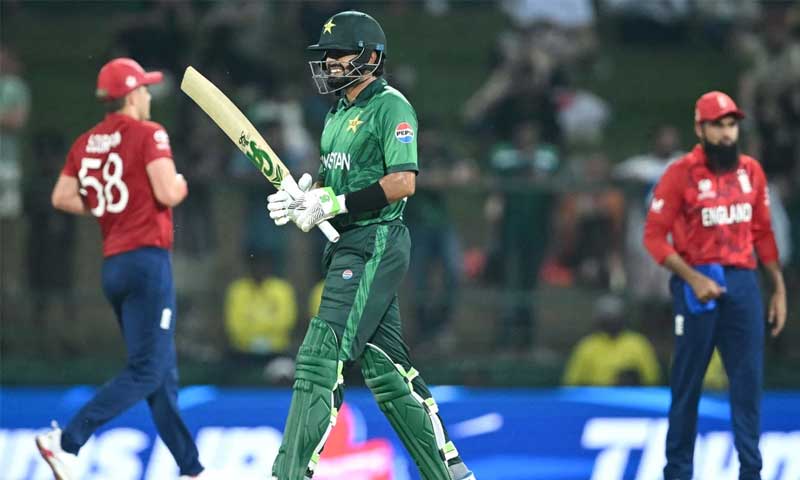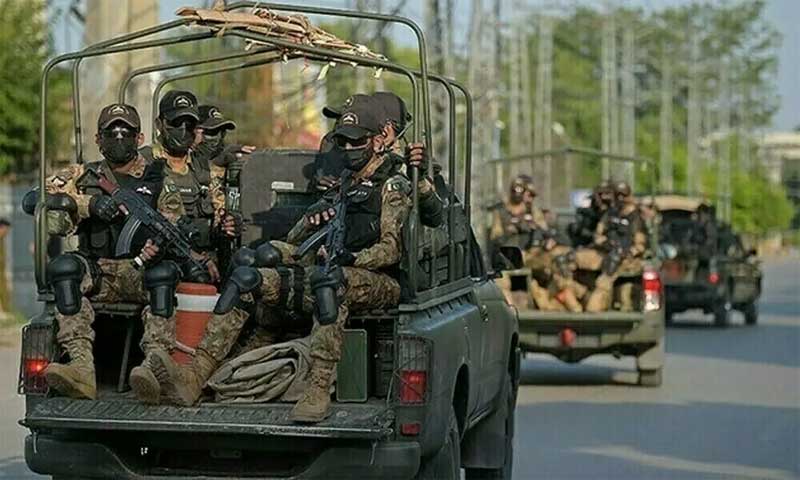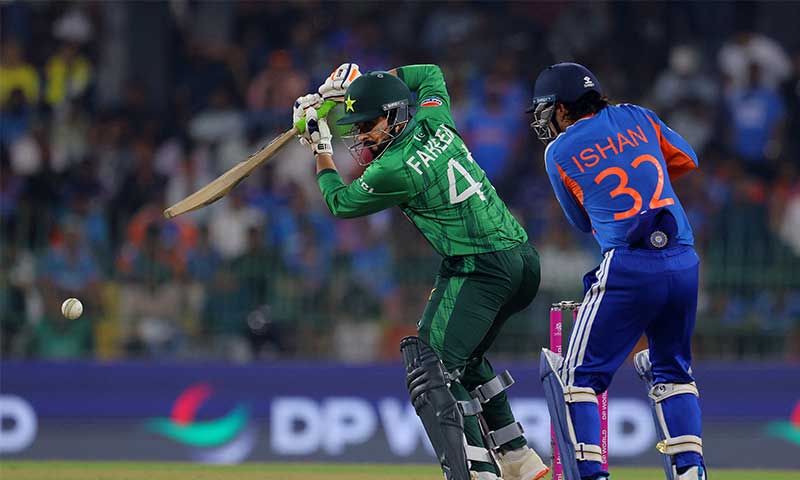- Web Desk
- Feb 26, 2026
A protest gone wrong, and a response even worse
ISLAMABAD: The night of November 27 set a new tone for the political landscape of Pakistan – one that will transcend far beyond the current players.
The opposition party Pakistan Tehreek-e-Insaf (PTI) managed to bring a crowd big enough to send waves through the political corridors. They came demanding the release of their incarcerated leader, Imran Khan. Another demand echoing through their chants was the repeal of the 26th constitutional amendment, which has distanced the constitutional bench from the apex court’s chief justice.
Right from the start, these protestors were gearing up for two battles while lacking the strength or the strategy to even win one.
In any case, it took PTI a few trial rallies to pull this crowd. It took a ‘final call’ from Imran Khan himself. The eventual crowd that formed in the wee hours of November 23 comprised thousands, by some estimates, or tens of thousands, by others. While these ‘trial’ rallies allowed PTI to build momentum, they also gave the government enough practice in managing such protests. Before the protestors could settle for a sit-in, before they could all even gather in a single location in the heavily fortified capital, the law enforcement agencies dispersed them all, causing the senior leadership to flee. Again.
Media reports say that Ali Amin Gandapur – the firebrand de facto leader of the PTI supporters while their true savior languishes in jail – escaped the police once again, leaving hundreds of people at the mercy of rubber bullets, tear gas, and steel handcuffs. This time, Gandapur was not alone in this endeavour. Imran Khan’s wife, Bushra Bibi was also accompanying him as the newly crowned ‘knightess’ for the crowd adrift without a strong leadership.
Gandapur and Bushra Bibi were discovered, hours later, in a safe place in Mansehra, already planning the strategy, perhaps now for the ‘final-final call’. Meanwhile, those still left in Islamabad were being rounded up – either herded into jails or being sent to hospitals.
The death toll and the number of injuries will remain a contentious point for days to come, among the supporters and the critics of PTI. The government will frame its actions as a necessary defense of state sovereignty while PTI supporters will call it a loss of constitutional rights. The ultimate consequence of last night’s events, however, will cause far more damage than any gains made by either side.
In the past few weeks and months, Pakistan has been through some cataclysmic events. The 26th constitutional amendment has separated the constitutional bench of the Supreme Court from the country’s chief justice. Pakistan Telecommunication Authority (PTA) has gotten a go ahead from the public representatives to conduct social media surveillance and identify rogue elements. The virtual private networks (VPNs) in the country are undergoing registrations. The internet access is being controlled. Amidst all of this, the media continues to be censored—more often now through self-censorship than external control.
With the courts and the media already out of reach for the average Pakistani – likely from the lower-middle or working class – now the option of protesting against those in power has also become increasingly controversial. Supporters of one political party, have turned the basic constitutional rights of freedom of speech and peaceful protests into terrifying concepts of chaos and anarchy. Time and time again, PTI supporters have claimed to march towards the capital to protest peacefully, only to turn into a mob burning trees and vehicles, and chanting slogans against the state institutions. For an average Pakistani, this will have devastating consequences.
Think of the man whose house and livelihood were destroyed due to floods and the bureaucratic red tape did not allow any financial assistance to reach him. Or a woman whose family was gunned down in sectarian violence but the local police would not register a case. Or a child whose father was arrested on charges of terrorism activity with no information whatsoever on his whereabouts. Or a family of farmers whose agricultural land was bought by the state for a dam but who never received the monetary compensation promised to them. Where are all of these people supposed to go for help?
Protesting and advocating for one’s rights is a fundamental constitutional right for a reason. It is not merely a symbolic addition in the nation’s supreme document, but rather a cornerstone of democracy that allows individuals to voice dissent, challenge injustice, and hold those in power accountable. This right is essential for the healthy functioning of a society, ensuring that people can freely express their grievances and push for change without fear of reprisal. It affirms the idea that power ultimately resides with the people, and that their voices are integral to the direction and well-being of the nation.
The recent protests in Islamabad, led by PTI, have thrown all of this into disarray. Until last night, there was still some hope for a democratic form of protest – one where the protesting party would understand the value of a foreign delegation’s presence and agree to a designated protest location offered by the government. In this ideal scenario, protestors would be open to negotiations without threatening violence, seeking a solution that both sides could accept. However, with the situation rapidly spiraling into chaos – as it always does with PTI – the very right to protest has now become a point of contention.
The people of Pakistan may not realise it as yet, but our true challenge is not who holds the power in the parliament, but how would Pakistanis reclaim their right to voice their concerns without fear. The political party, proudly calling themselves the champions of people’s rights and democracy, is causing the most damage to those very democratic rights. We, as a nation, need to recalibrate our focus on upholding and respecting the rights that the constitution provides us, instead of flouting them in pursuit of a misguided revolutionary agenda.
The responsibility of protecting these rights is a shared one – as much as the supporters of PTI or any other party need to ensure that their activism does not exceed the boundaries of law, the government also needs to ensure that their retaliation does not infringe on the rights of their population.
Those currently in power may soon find themselves on the outside come the next election. It is as much for their own survival and protection, as it is for those in the opposition, to ensure that these rights are safeguarded. In the end, the preservation of these rights is what every Pakistani needs, today and tomorrow!






